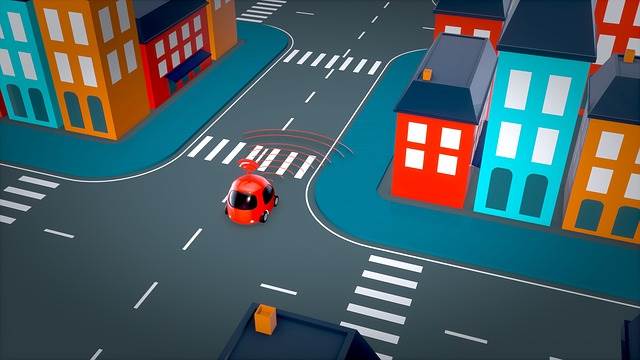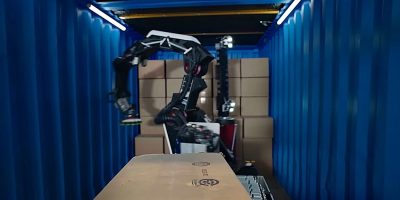
Automated cars are a big part of IoT. We may not see driverless cars zipping along our roads on a daily basis, but many car manufacturers are working behind the scenes to roll out these vehicles for everyone to use. There’s a problem, however; a smart car is only as “smart” as the information it receives. If the data it uses is garbage, the car, in turn, will also act in a bad way.
A Chinese group is working to solve that, however. The Geely Group announced that they’re ready to ship two OmniCloud satellites as part of their plan. OmniCloud will then help smart cars get from A to B without causing problems.
Who Is The Geely Group?
The Geely Group is a Chinese company that’s no stranger to cars. They bought Volvo in 2010 and took a majority stake of Lotus in 2017. As such, it’s only natural for them to have an interest in smart cars.
However, instead of relying on another company to give them the data they needed, they decided to make their own. They created a branch company called Geespace to help get The Geely Group into orbit.
What Is the OmniCloud?
The Geely Group has announced that they’re ready to ship the first two satellites of the OmniCloud. But what is this cloud, and what does it do?

If you’re familiar with GPS, you already know half of the reason why Geespace wants the OmniCloud. GPS networks use a car’s location data to inform it on where it is exactly. The OmniCloud will also have this capability to help smart cars remember where they are.
However, the OmniCloud will be more than a glorified GPS network. Instead of just relaying information to the vehicles, it will also get data back from them. By using sensors on cars and public transport, the OmniCloud can use this data to better work out what’s happening on the roads.
As such, it doesn’t need to be restricted to smart cars. Smart taxis, for instance, can also use this data to chart their course. Stretch that a little further, and you have smart buses that can relay location, number of passengers, and delays to the OmniCloud for better public transport management.
In short, the OmniCloud is looking to be a GPS network enhanced with an AI. Instead of simply receiving requests and sending locations back, the OmniCloud will process this information and use it to guide cars and fleets.
How AI Shapes IoT
The OmniCloud is one of the prime examples of AI in IoT. IoT is much more than just a data gathering hub; it’s a thinking system that can put the data to good use.

As such, there’s a very good chance we’ll see more implementations of AI like the OmniCloud. It may not be based on car navigation, but the idea will be the same: take incoming data and create a plan with it instead of simply responding to it.
Internet of (Satellite) Things
With everything turning smart, it’s important that everything gets the data it needs to operate perfectly. While GPS is useful, the plan for an OmniCloud will also collate every smart vehicle’s data for enhanced decision-making.
IoT is not a stranger to satellites: Eutelstat launched their own constellation of them in late 2019.









